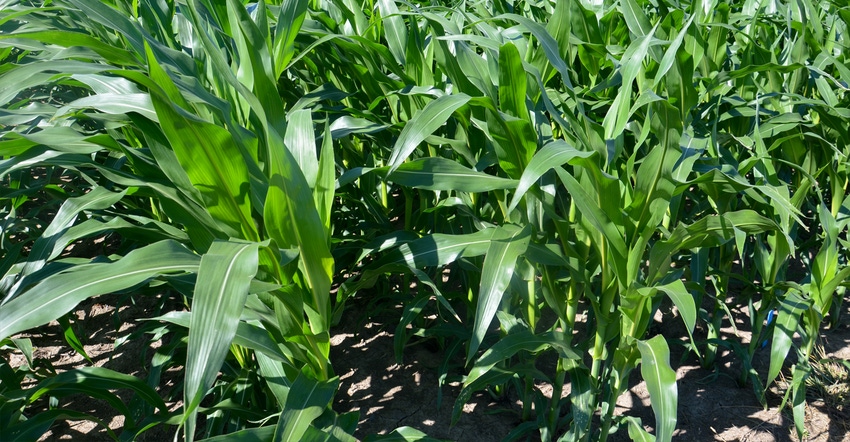January 2, 2017

You’ve heard it here before. It’s not hard to find reports of cash rents going up, not down, for 2017. The rumor mill is stoked with stories of aggressive farmers calling other farmers’ landlords, tempting them with higher cash rents. Despite it all, Purdue University ag economists aren’t biting. They insist cash rents will drop, on average, for 2017, albeit by a modest amount. Who is right?
“We’ve heard the same stories about someone paying a big cash rent, or trying to get land away from someone else, just like you have,” says Jim Mintert. He and Michael Langemeier, both with Purdue’s Center for Commercial Agriculture, will present information about 2017 crop budgets at meetings this winter. They’re including slightly lower cash-rent numbers in 2017 budgets, despite the stories.
Bad news sells!
Fortunately, there is not a National Enquirer for agriculture. If there were, some reports circulating about cash rents would likely be included. Some are true, but many may be stretched a bit. Both Mintert and Langemeier believe that true or not, these stories not an accurate reflection of the total picture.
“We spoke at a very large meeting of farmers and ag professionals in 2015, just before Christmas,” Mintert recalls. “During every break someone would corner us with stories about someone who had won a cash-rent auction at some outlandish price, or who was offering extremely high rents to neighboring landowners.
“In the end, after 2016 cash rents were summarized last summer in an annual Purdue ag econ survey, cash rents were actually a bit lower,” he says.
Drill down to reality
“We have still heard some of those same stories this winter, although fewer of them,” Mintert says. “When the dust settles and we get a real picture of cash rents for 2017, we expect them to be somewhat lower than a year ago.”
That’s why Langemeier factors in lower cash rents on the expense side of 2017 crop budgets. “We’re not looking at big reductions — maybe 5%, or even less,” he says. “But we’re confident rents will drop off some on average.”
How can that be when you can go to almost any coffee shop in any small town and hear a story about super-high cash rents before you finish your first cup of coffee? Part of it may be due to the rumor mill — some stories may be stretched, and some may be accurate.
However, what you’re not hearing, Mintert says, are the many instances where rents stayed the same, or where landowners actually agreed to a somewhat lower rent. If someone negotiates what they feel is a somewhat more realistic lease, they’re likely not going to brag about it, he says.
It’s much like when the bottom fell out of agriculture in the very early 1980s. One loan officer became so distraught he became physically ill for an extended period. Looking back, probably 95% of his customers were able to make payments on time. However, he didn’t deal with them. Day in and day out, he dealt with the problem cases — both people who were still rational and the very few who weren’t rational.
Both Mintert and Langemeier agree that rent reductions lag declining crop prices, and the ride down can be choppy because some don’t see lower rents at all. But they’re confident rents will trend down this year.
You May Also Like




